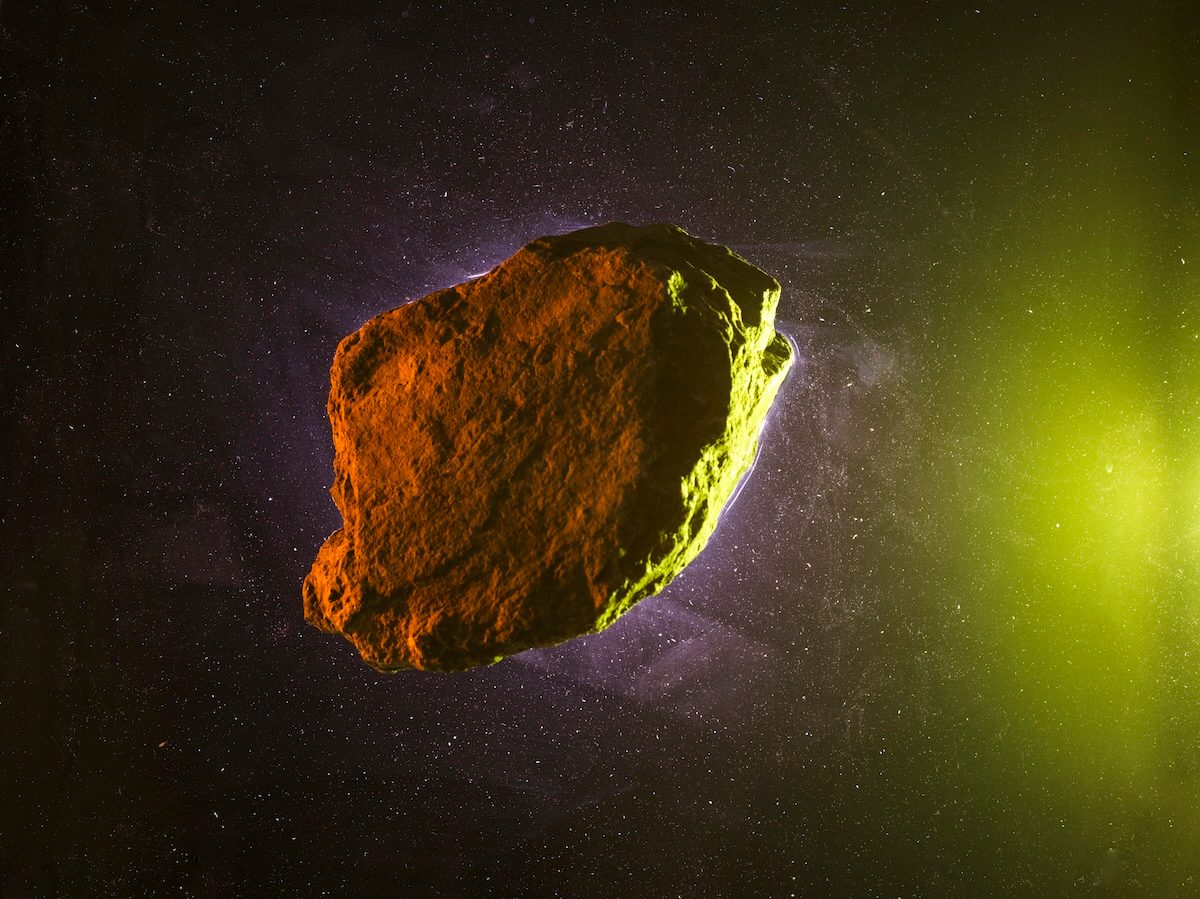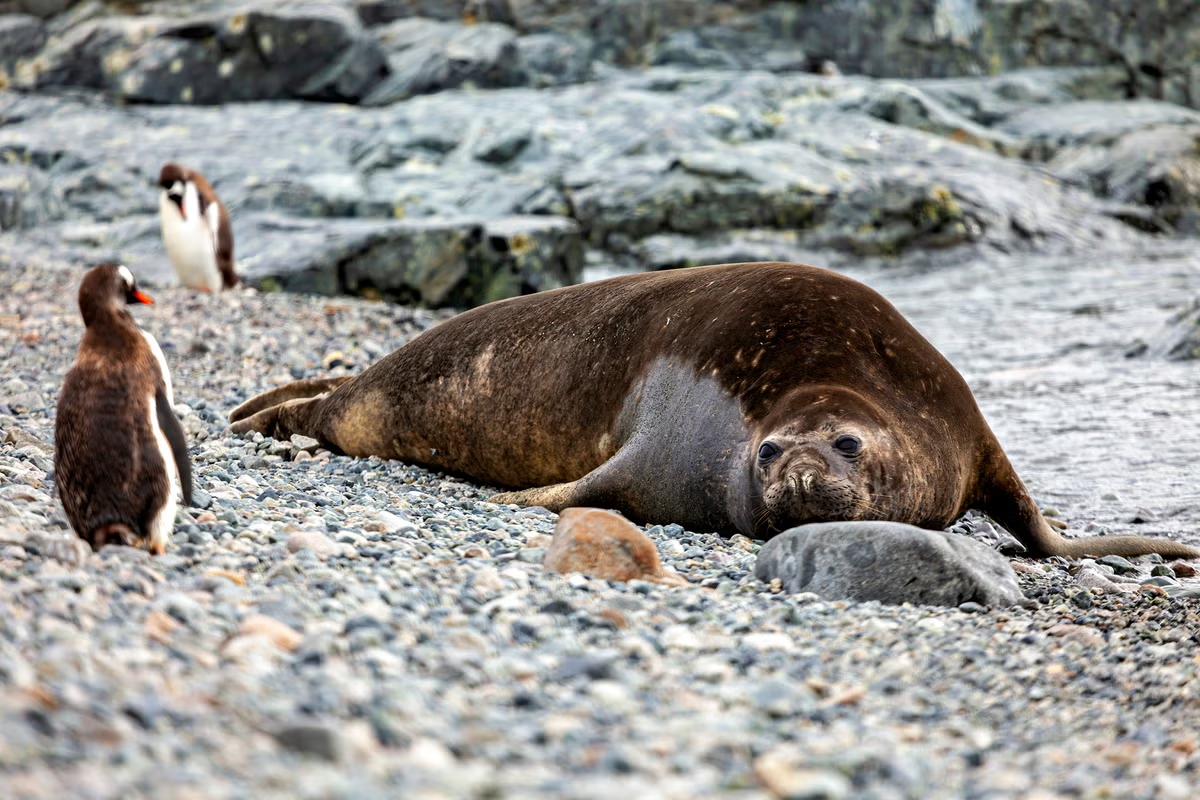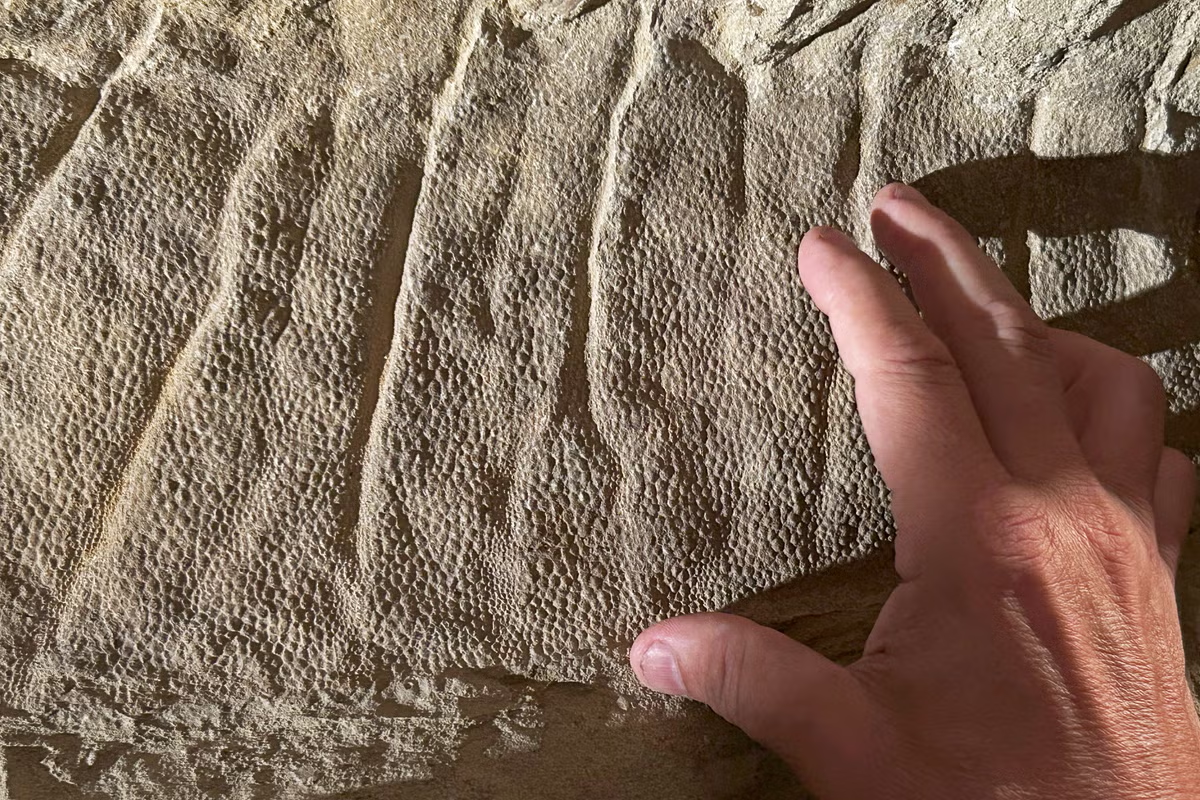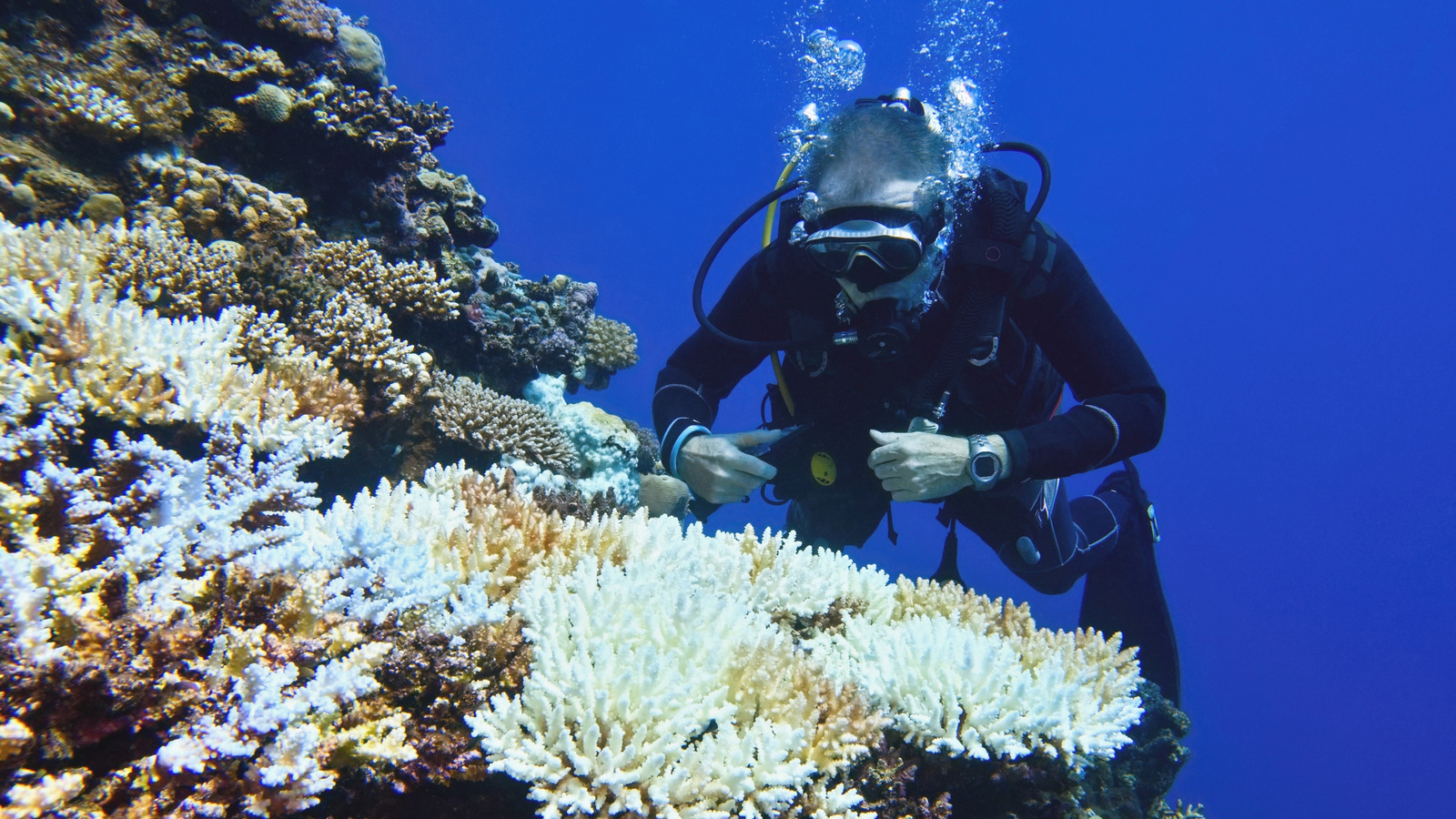Category: 7. SciTech
-

Astronomers discover hidden ‘moon’ shadowing Earth
Astronomers have discovered a peculiar ‘moon’ shadowing Earth as it moves through space. Known as a quasi-moon, it doesn’t orbit our planet directly but stays nearby as both travel around the Sun.
According to new research published in Research Notes of the American Astronomical Society,…
Continue Reading
-

Astronomers Have Discovered Earth’s Latest Quasilunar Moon
The Earth has just added its seventh confirmed quasilunar moon. It is 2025 PN7, a small Apollo-type asteroid detected in August solely by its brightness, thanks to the Hawaiian Pan-STARRS 1 telescope.
After analyzing its trajectory, scientists concluded that the object maintains a 1:1 resonance…
Continue Reading
-

Landmark ‘ageing atlas’ reveals how your organs change over a lifetime
The visible signs of ageing – wrinkles, greying hair, aching joints – are only the surface expression of something far more intricate happening inside our cells. Beneath the surface, every organ in the body undergoes its own subtle molecular transformation as we grow older.
Now, scientists…
Continue Reading
-

Bird flu: Fears highly contagious virus spreading after hundreds of seal pups found dead
Hundreds of seal pups have been discovered dead on Heard Island in the sub-Antarctic, with Australian scientists investigating whether a
Continue Reading
-

New DNA evidence reveals how Napoleon’s army was actually defeated
Scientists have uncovered new DNA evidence that challenges long-held assumptions about Napoleon’s disastrous 1812 invasion of Russia. As his Grande Armée – nearly half a million strong – advanced towards Moscow, it faced fierce resistance, dwindling supplies and the onset of a brutal…
Continue Reading
-

New research challenges long-held theory about dinosaurs before asteroid hit
New research indicates that dinosaur populations in North America were thriving just before the asteroid impact 66 million years ago, which…
Continue Reading
-

Why do horses have eyes on the side of their head?
Have you ever noticed that horses have eyes on the sides of the head rather than the front, like we do as humans?
The location…
Continue Reading
-

These two existing drugs can slow brain decline and may delay Alzheimer’s, study suggests
Two widely available medicines can safely improve brain health in those with early Alzheimer’s disease, a new study has found.
Scientists…
Continue Reading
-

In Orbit You Have to Slow Down to Speed Up
If you watch sci-fi movies, you’d think that flying a spaceship is just like driving a slightly more complicated car (or a Winnebago in Spaceballs). And George Lucas gave us those galactic battles with pilots who look like they’re flying fighter jets on Earth.
Well, bad news: Space is really,…
Continue Reading
